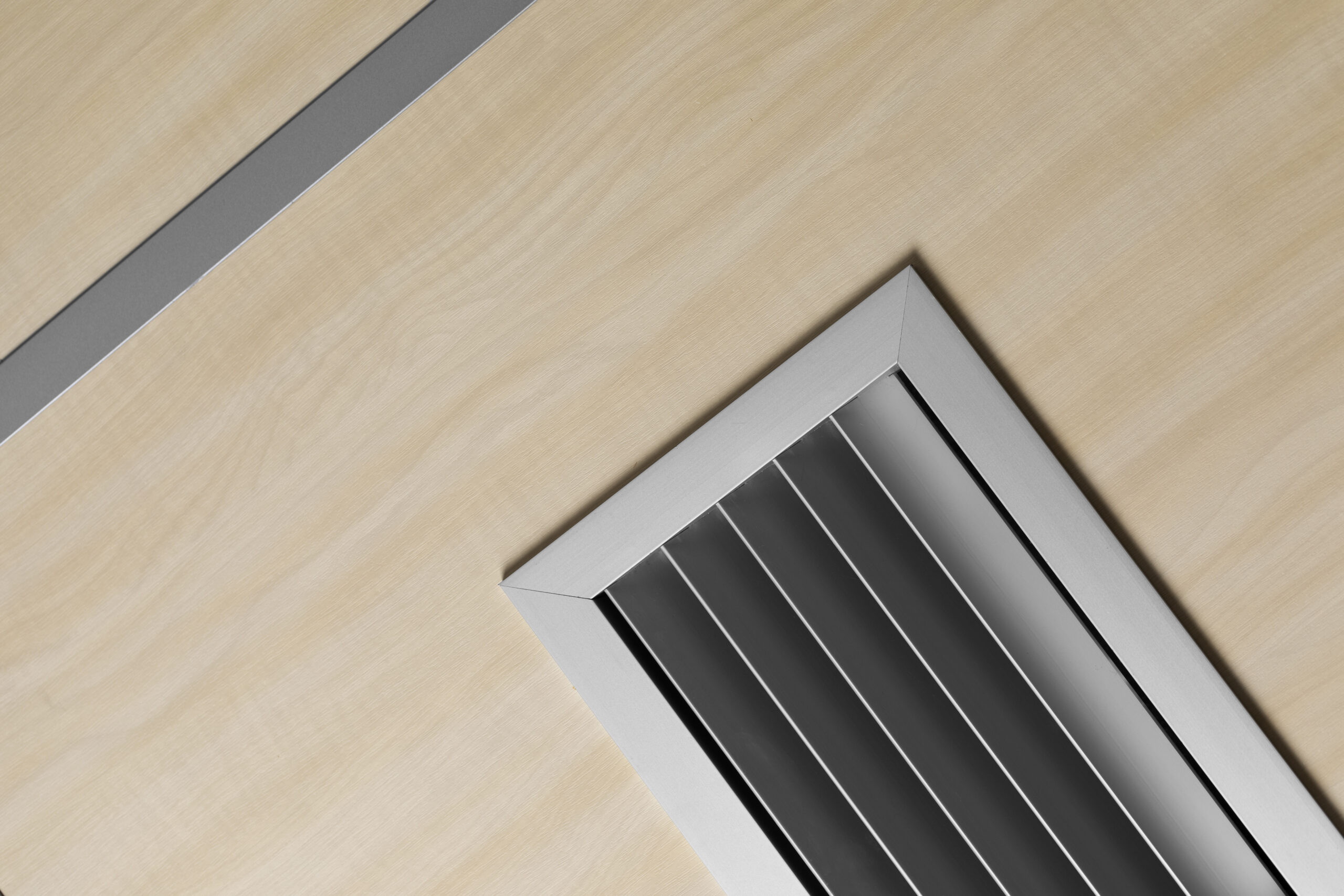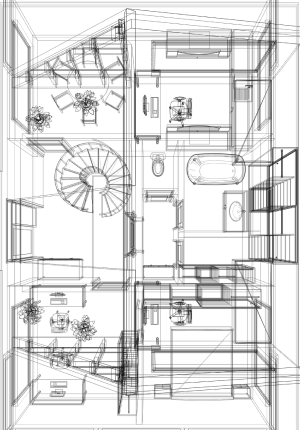When Good Intentions Go Bad: The Downside of Closing HVAC Grilles

Is it really cost-efficient to shut off your grilles? People usually close their grilles for some innocent reasons, but it can wreak havoc on your home comfort. It might seem like a quick fix; however, in the background its affecting your whole HVAC system.
There are some reasons why folks decide to do it. One of the which is to control the temperature in specific rooms. Picture this: it’s a sweltering summer day, and you’ve got that one room that feels like an oven. Or there could be that one room that’s always cooler than an igloo. It’s tempting to think that closing off the grille will help. It’s kind of like trying to put a lid on a pot that’s boiling over – you hope it’ll simmer down, but it doesn’t always work that way.
Some folks even think that closing a grille is an easy way to create “zones” in their home. You know, like having a chilly bedroom but a toasty living room. However, closing off grilles can actually mess up the balance and make your system work even harder.
Sometimes though, it’s all about aesthetics. Maybe you don’t like how the grille looks, or you want to rearrange furniture without an HVAC grille messing up your feng shui. In the world of home improvement, we all love a good DIY solution. Closing it off seems like a quick fix. But keep in mind that your HVAC system doesn’t care about interior design – it just wants to work efficiently. It’s like trying to fix a leaky faucet with a roll of duct tape – it might hold for a bit, but it’s not a real fix.
Remember: your HVAC system is a carefully balanced setup that relies on proper airflow. Instead of closing grilles, professionals will not recommend closing off your grilles, but will consider adjusting dampers or using fans strategically. These are their reasons:
- Reduced Air Flow – As we know, HVAC systems rely on proper airflow to distribute conditioned air throughout your living spaces. Your system’s designed to send air to specific areas, and closing off a grille entirely restricts the flow of air, causing reduced airflow to the room, and hence you’re throwing off your home’s balance. More than this, rooms farthest from the furnace or air conditioner may not receive the desired amount of conditioned air, leading to uneven heating or cooling. This can lead to uneven temperature distribution and decreased comfort.
- Strain on the System – When a grille is closed off, the HVAC system has to work harder to push air through the restricted pathway. This can lead to increased strain on the blower motor and other components, potentially causing premature wear and reducing the system’s overall efficiency. Over time, this can lead to increased maintenance needs and a shortened lifespan for the system as a whole.
More than this, if a grille is closed off in a cooling mode, it can lead to reduced airflow over the evaporator coil. This can cause the coil to freeze up due to insufficient warm air passing over it. A frozen coil can lead to decreased cooling efficiency and even damage to the compressor.
- Pressure Imbalance – HVAC systems are designed with a specific airflow balance in mind. Closing off a grille can disrupt this balance, creating pressure imbalances within the system. This can lead to issues such as backdrafting of combustion appliances, reduced indoor air quality, and potential safety hazards. You can read more about air pressures and why it is important to consider in our previous blog: https://procalcs.net/blog/air-pressure-leaks-and-why-we-need-to-resolve-it/.
- Increased Energy Consumption – If you’re thinking you’ll save a few bucks by closing off grilles, think again. A closed grille forces the HVAC system to work harder to maintain the desired temperature. This increased workload translates to higher energy consumption and subsequently higher utility bills.
- Potential Warranty Issues – Many HVAC systems come with warranties that require proper installation and use. Closing off grilles in a way that interferes with the system’s intended operation could void the warranty and leave you responsible for repair costs.
- Uncomfortable Indoor Environment – Ultimately, the negative effects of closing an HVAC grille can contribute to an uncomfortable indoor environment. Rooms may feel stuffy, warm, or cold, and occupants may experience discomfort due to inadequate heating, cooling, or ventilation.
In summary, it’s essential to maintain proper airflow and follow the manufacturer’s recommendations for your HVAC system. If you’re looking to control temperature in specific rooms, consider using a zoning system or adjusting the dampers in the ductwork to achieve a balanced and efficient distribution of conditioned air. Always prioritize the optimal functioning of your HVAC system to ensure comfort, energy efficiency, and safety.
Stay tuned in our YouTube channel for a short video on this topic. If you have any questions or want to talk about possible solutions for your home, send us an email at [email protected].


